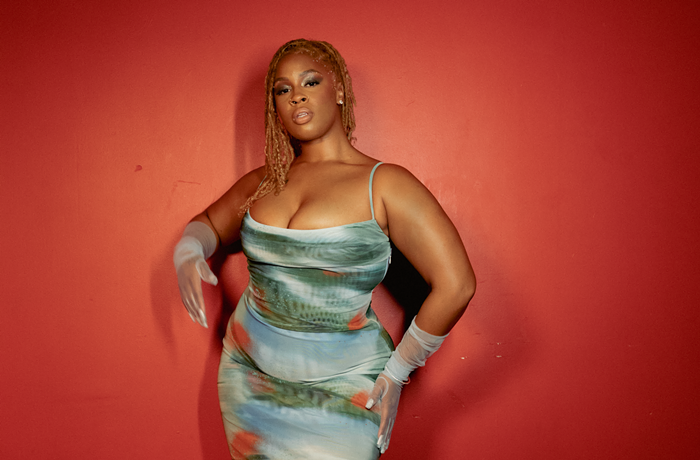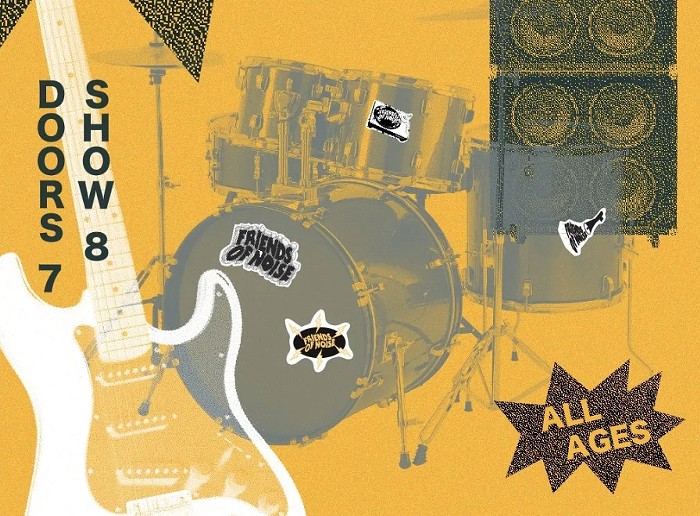It's no accident that the former Poet Laureate Robert Pinsky appears in our music section this week, rather than with all the other book events. Few living authors of any stripe have dedicated themselves so tirelessly to the musicality of language, striving to demonstrate that poetry is a purely sonic experience.
"A poem 'happens' each time it is read; the written version is a notation, not the poem itself, the poet said to an audience at MIT last year."
Pinsky was born in New Jersey in 1940, and fell under the spell of jazz at a young age. As he began to write poetry, he incorporated many ideas cribbed from musicians like Sonny Rollins and Dizzy Gillespie: improvising around a basic rhythmic structure, quoting other poets in small intervals, incorporating different voices within his poems.
Even the act of writing poetry is an aural experience to Pinsky. In an interview in American Poet, he said, "If you write with your voice, then you are improvising. If you are in the habit, as I am, of testing out every phrase and every line with your voice, and trying to discover the lines with your voice, you have something roughly parallel to a harmonic structure or a rhythm in what you're trying to say... There is an improvisatory and intuitive aspect to writing with your voice."
So it seems appropriate that Pinsky will appear not at a quiet bookstore for this Portland event, but at the Wonder Ballroom, a venue more at home with TV on the Radio than with Wordsworth. Pinsky will expound on the intersection of poetry and music, possibly talking about the opera he's working on, "about an inventor who achieves immortality by transforming himself into computer software." Treat yourself to a different kind of musicality this week—one of nouns and prepositions, of declarations and faint suggestions. Your ears will thank you.


















